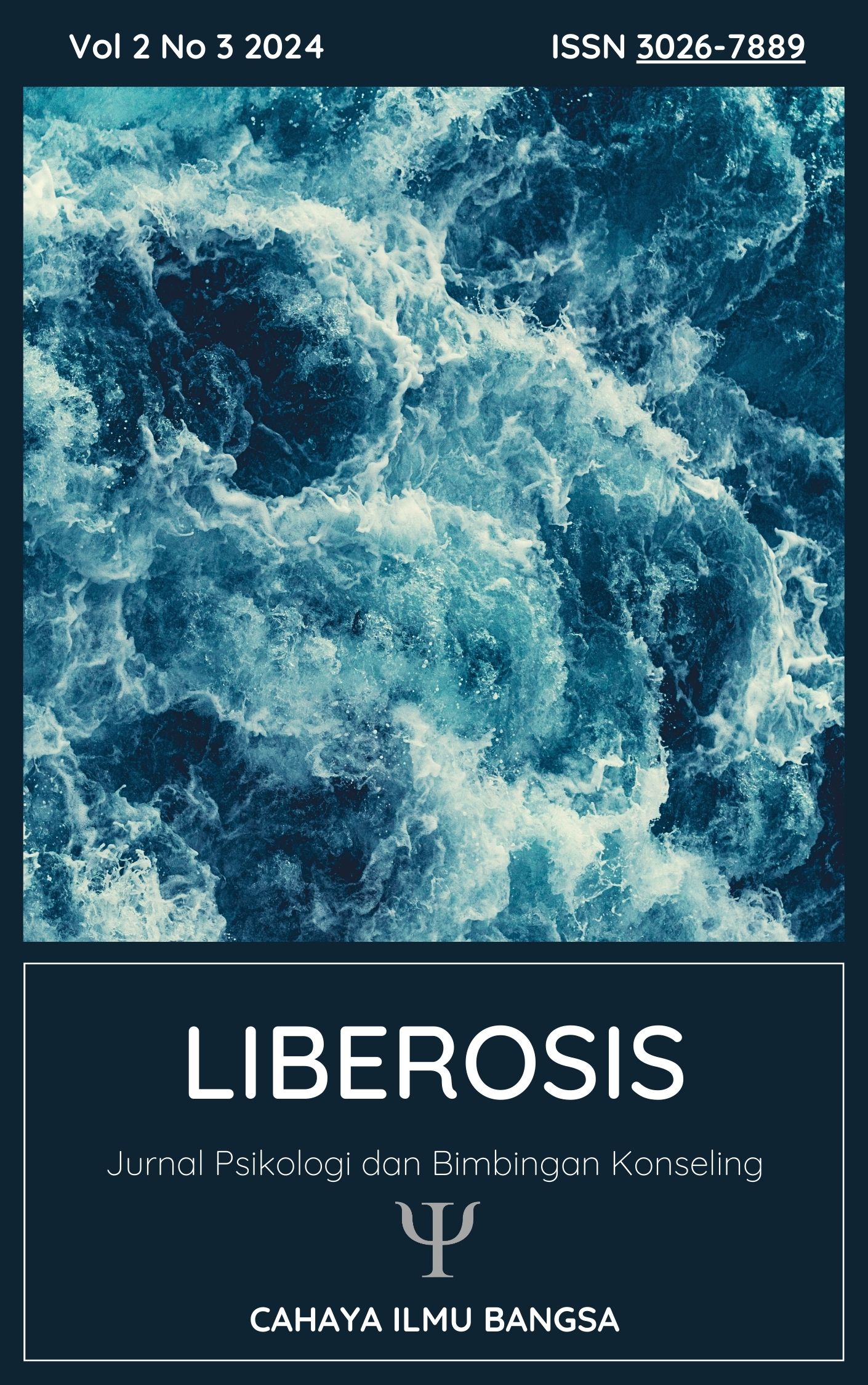Abstract
The imbalance between work demands and personal life is a major challenge in modern human resource management, especially for Generation Z employees. This group places high expectations on workplace flexibility and emotional well-being. This study aims to examine the influence of work-life balance on job satisfaction among Generation Z in Indonesia using a systematic literature review method. Ten SINTA-indexed articles published between 2020 and 2025 were selected using the PRISMA framework. The articles were thematically analyzed to identify patterns of influence, mediating variables, and moderators. The results indicate that work-life balance has a positive and significant impact on job satisfaction. Variables such as employee engagement, mental health, and burnout act as mediators, while emotional intelligence serves as a moderator. These findings offer important implications for organizations in designing policies that support work-life balance to improve retention and satisfaction among young employees. Recommendations include developing flexible work policies, psychological well-being programs, and emotional skills training.
Keywords: employee engagement, Generation Z, job satisfaction, mental health, work-life balance.
